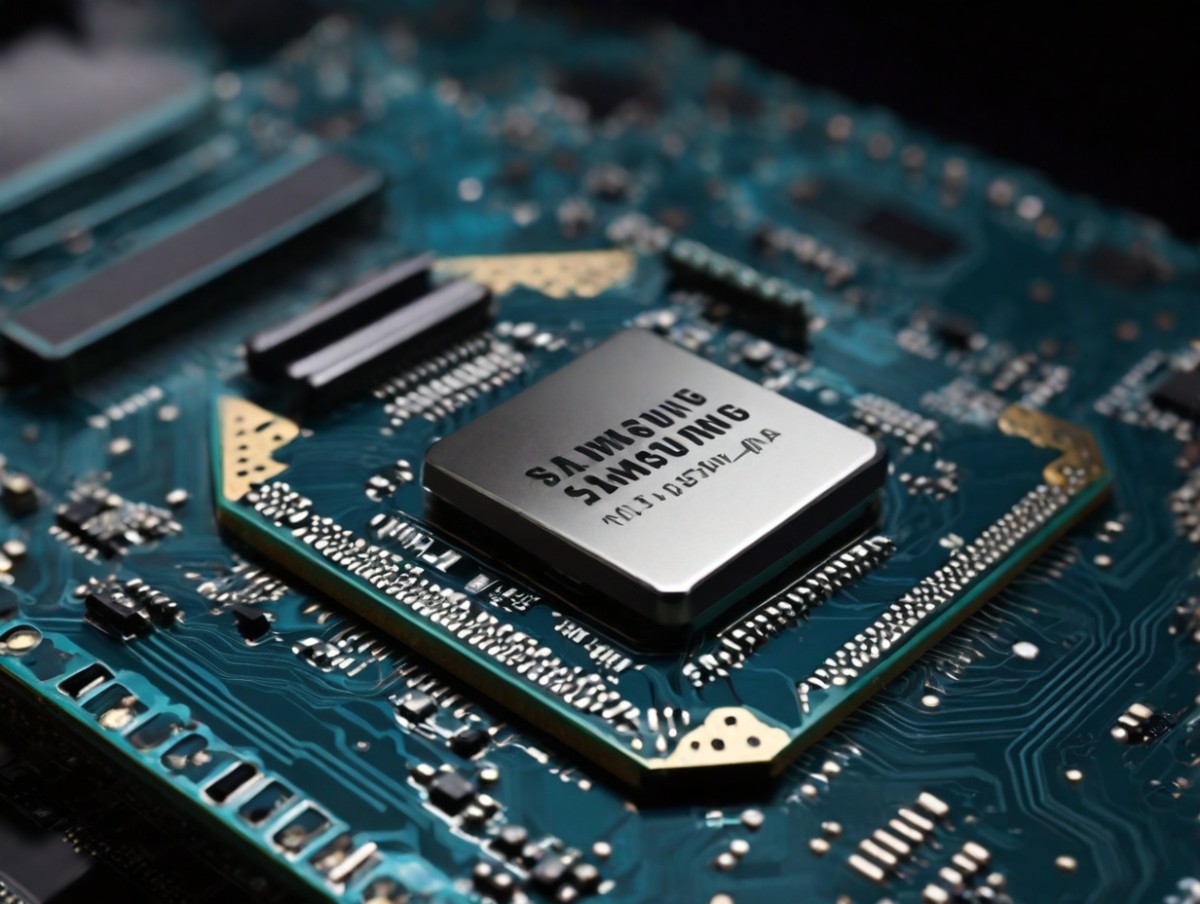In a strategic move to bolster its position in the semiconductor industry, Samsung Electronics has announced an extension of its partnership with British chip designer Arm. The collaboration aims to propel the development of high-performance chipsets, signaling Samsung’s determination to narrow the gap with leading industry competitor TSMC.
Samsung joint optimization for enhanced performance
Samsung disclosed on Wednesday its intention to collaborate closely with Arm to optimize the latter’s Cortex-X core for Samsung’s forthcoming technologies built on the gate-all-around (GAA) process.
This partnership builds upon Samsung’s pioneering adoption of GAA technology in 2022, a significant milestone that surpassed key rivals Intel and TSMC. GAA transistors offer high customizability, enabling manufacturers to adjust performance and power consumption while mitigating leakage and transistor variability.
The renewed partnership between Samsung and Arm will extend to chips manufactured on 2-nanometer nodes, catering to data centers and infrastructure needs. Furthermore, the two companies will jointly develop “groundbreaking” AI chipset solutions to empower generative AI on mobile platforms. This collaborative effort is poised to streamline access to Arm’s intellectual property for Samsung’s chip manufacturing clients, thereby reducing the time and costs of producing advanced processors.
Strategic implications and market dynamics
In its pursuit of TSMC in contract chip manufacturing, Samsung Electronics faces increasing demand fueled by the rising popularity of large language models and AI chips. Despite efforts to secure major clients such as Nvidia and Apple, Samsung encounters stiff competition from TSMC and Intel. However, a strengthened partnership with Arm holds the potential to propel Samsung beyond its current competitive constraints, positioning it favorably in the fiercely contested semiconductor landscape.
With the global contract manufacturing business projected to witness steady growth, particularly in technologies smaller than 5-nanometer nodes, Samsung’s expanded collaboration with Arm is opportune. Industry forecasts suggest an annual average growth rate of 13.8% from 2023 to 2026, underscoring the significance of advancements in chip manufacturing technologies. Samsung’s recent surge in orders for advanced manufacturing, including 2-nanometer nodes, is poised to catalyze its emergence as a formidable challenger to TSMC’s dominance.
As Samsung Electronics solidifies its partnership with Arm to drive chip design and manufacturing innovation, the semiconductor industry braces for intensified competition and technological breakthroughs. With a focus on optimizing performance, reducing costs, and accelerating the development of next-generation solutions, Samsung positions itself as a formidable contender in the dynamic landscape of contract chip manufacturing.
As the global demand for advanced semiconductor solutions continues to surge, strategic alliances and technological advancements will play pivotal roles in shaping the industry’s trajectory in the years ahead.





